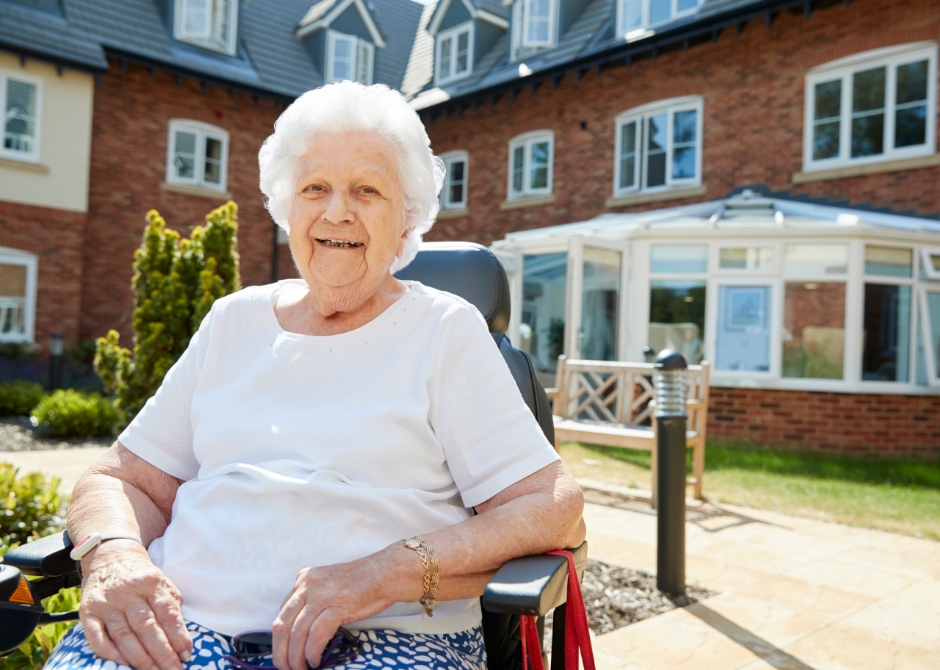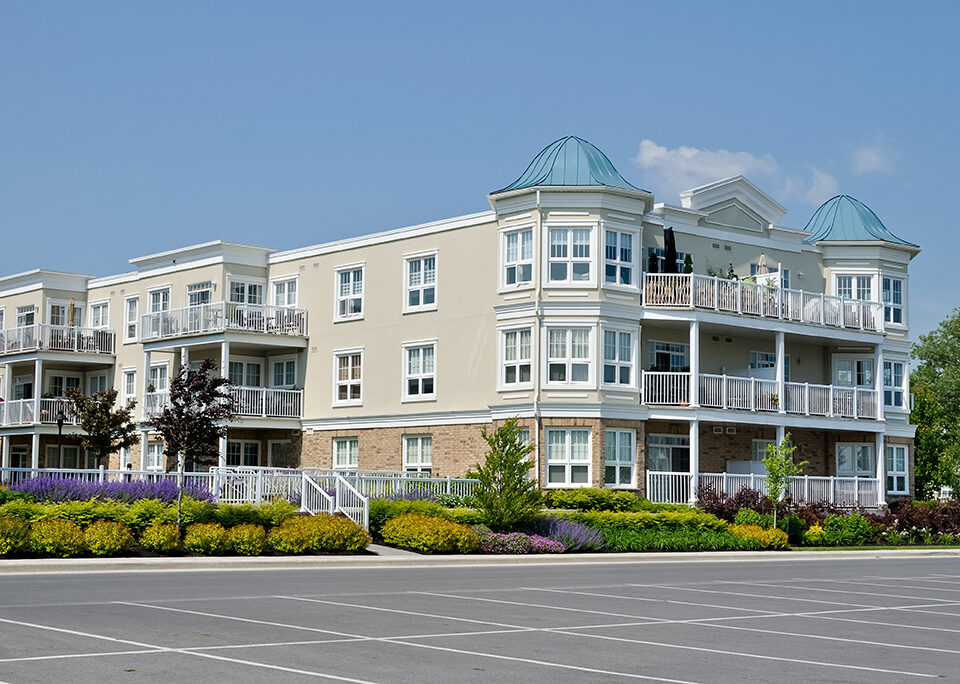How to Overcome the Guilt of Moving a Parent to a Senior Residence

Signs That It May Be Time to Move Into a Senior Living Community
June 26, 2025
Essential Medical Supplies and Equipment for Senior Home Care: A Complete Guide to Independent Living
October 28, 2025When moving a parent to a retirement home or long term care residence, it is normal to feel various emotions. Oftentimes, the experience can invoke feelings of guilt. While these emotions aren’t pleasant, it must be realized that they are a common reaction! To focus on keeping the entire process healthy and safe for all involved, it is important to work through these emotions. The following will explain how to overcome the guilt of moving a parent to a senior residence.
Acknowledge and Validate Your Emotions
Understandably, the parent in question may hold some hard feelings about the situation. Needless to say, this does not ease the feelings of guilt you may experience. During this time, recognize that you made the best decision for their safety and well-being.
If needed, write down a list of the ways they are now in better care and are in a safer environment. Keep this paper in an easily visible spot and read it as often as necessary. Self-compassion is important throughout all stages of life – this one included.
Ignoring the feeling of guilt or pushing any emotion to the side will only cause a more difficult and prolonged journey. These feelings are a natural reaction to the circumstances. It won’t happen overnight, but it is important to recognize the thoughts and emotions. Allow yourself to experience them, process them, and move forward.
Try speaking to a family member who is experiencing this life change alongside you. It may be surprising how many feelings you both share! If speaking to a family member isn’t an option, reach out to a trusted friend, doctor, therapist, or support group.
Focus On the Benefits of the Senior Living Community
The catalyst of the matter is that you are prioritizing your parents’ well-being. Whether the parent in question understands this (or allows themselves to understand it) at the time or not, you must keep it at the forefront of your mind.
The transition will have many positive impacts on the life of your parent and it’s important to highlight them. Social opportunities, professional care, improved safety… repeating these points are not only beneficial to the parent in question but it is beneficial for you as well!
Throughout stressful experiences, it may be more difficult to focus on the facts of the situation without having emotions also play a part. However, remind yourself of the “why’s” and the “how’s”.
Why is it better for the individual(s) to move to a residence? Why/How is it safer? How much improvement will there be to their quality of life? How is the residence better equipped to ensure their safety? Once you look at the big picture, it will be easier to see how the pros outweigh the cons.
Include Them in the Decision-Making (When Possible)
If the situation allows the parent to make informed, rational decisions, allow them to have a say! Speak to them about the possibility of moving to a senior residence and keep an open mind to their concerns.
Providing them with the power to make decisions and play an active role will limit experiencing the guilt often associated with the unknown. (What if they don’t like the residence? What if they aren’t happy or comfortable? What if they don’t like the location or its distance from family members?).
Remaining empathetic in terms of their anxieties allows the discussion to be a conversation and not a one-sided argument. Approaching the subject with compassion and understanding can truly make all the difference. If they can participate in choosing the senior residence and participating in the move, all the better!
Take Advantage of Opportunities to Stay Involved
In some cases, transitioning a parent to a retirement home or long term care residence may feel similar to abandonment. This is not the case. Once they settle into their new environment, it often opens the opportunity to have an even better relationship with them!
For this new stage of life to blossom, it is important to stay involved in their care. Visiting regularly not only eases the transition but also offers peace of mind that they are being taken care of to the best standards.
There will undoubtedly be a learning curve while acclimatizing to the new environment. They may even have specific requests or adjustments to their care may be necessary. Remaining present will ensure they have an opportunity to discuss these matters with you.
If adjustments are made and they witness their concerns being taken seriously, it will reinforce the fact that their best interests are the priority. This will provide them with more confidence in the residence and the arrangement as a whole.
Utilize Support Services
While it may feel like a lonely and isolating experience, remind yourself that this is a common occurrence. With this being said, knowing that it is a natural part of aging may offer little solace. This is why seeking support will provide comfort in more ways than one.
Speak to other families and caregivers who have gone through similar experiences! It will soon be made clear that you are not alone. And, you are not the only one to ever feel the emotions you are feeling.
No matter what these emotions are or how guilty you may feel, odds are, someone else is feeling very similar. Group counseling or group meetings will allow you to see that many others have been, or currently are, in your shoes. Validate your feelings and get reassurance that you have done the best you could in your unique situation.
Keep An Open Dialogue
Communication can never be taken for granted. It’s important to have an open dialogue with not only your parent but with the professionals at the residence as well.
Speak to your parent about their experiences in the new surroundings and how they are feeling about the situation regularly. Throughout these discussions, address any concerns they may have or issues they have encountered.
When necessary, speak to the professionals in charge of their care as soon as possible to come to a solution. Being proactive can limit further issues and it is important to have these discussions promptly.
It’s Not the End, It’s A Beginning
With regular visits and a strong connection, the relationship between you and your parent can remain strong. This is simply a new opportunity to create even more happy memories!
Plan activities or regular get-togethers to make the most of the time you have with each other. It’s good for the soul and will solidify that while many things have changed, your relationship hasn’t.
Less Guilt, More Support
Knowing how to overcome the guilt of moving a parent to a senior residence is another part of the experience. It involves understanding the emotions and why you’re feeling them. It also includes focusing on the positives! Such as being able to stay involved better and knowing they are in a safe environment.
Promising a smooth experience from beginning to end when going through such a big life transformation is impossible. However, there are ways to navigate the situation with compassion and confidence. This will help minimize any of the more negative possible emotions, for a more optimistic outcome.
For more information on having the support you not only need but deserve, please contact info@lianasservices.com. You may also look at more information about our services on our official website and Premier Homecare, here. Call us at 514-622-8074 for more information!




